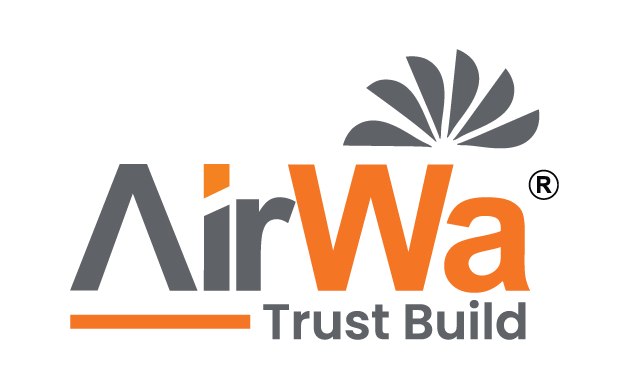The Role of Industrial Water Chillers
Unlocking Efficiency
The Role of Industrial Water Chillers
In the intricate dance of modern industry, where precision and productivity intersect, the unsung hero often goes unnoticed—the industrial water chiller. These stalwart machines play a crucial role in maintaining optimal temperatures for a wide range of industrial processes, from manufacturing and pharmaceuticals to data centers and food production. Let’s delve into the world of industrial water chillers to understand their significance and impact.
What is an Industrial Water Chiller?
At its core, an industrial water chiller is a refrigeration system designed to cool water and maintain it at a specified temperature. It operates on the principle of removing heat from a process or equipment and transferring it to the environment. This process not only ensures consistent temperatures but also prevents equipment from overheating, thereby safeguarding against downtime and costly repairs.

Applications Across Industries
1. Manufacturing
In manufacturing, precise temperature control is paramount for maintaining product quality and optimizing production processes. Industrial water chillers are used in metalworking, plastic molding, and other manufacturing processes to cool machinery and materials, ensuring smooth operations and high-quality output.
2. Medical and Pharmaceuticals
From MRI machines to laboratory equipment, the healthcare sector relies heavily on precise temperature regulation. Water chillers play a vital role in keeping medical equipment functioning optimally and preserving sensitive medications and samples.
3. Data Centers
With the exponential growth of digital data, data centers are under constant pressure to manage heat generated by servers. Water chillers help dissipate this heat efficiently, ensuring uninterrupted operation and prolonging the lifespan of critical IT infrastructure.
4. Food and Beverage
In food processing and beverage production, maintaining cold temperatures is essential for preserving freshness and meeting safety standards. Industrial water chillers are used in refrigeration units, cooling tanks, and bottling lines to uphold food quality and safety.
Key Features and Technologies
Modern industrial water chillers boast advanced features and technologies to enhance efficiency and performance:
1. Variable Speed Compressors
These compressors adjust their speed based on cooling demand, optimizing energy consumption and reducing operating costs.
2. Smart Controls
Integrated control systems enable precise temperature monitoring and remote operation, allowing for real-time adjustments and proactive maintenance.
3. Energy-Efficient Designs
Many water chillers are designed with energy-saving features such as heat recovery systems and high-efficiency components, contributing to sustainability goals.
4. Water-Saving Strategies
Some chillers incorporate water-saving technologies like closed-loop systems and water recycling, minimizing water usage and environmental impact.
The Future of Industrial Cooling
As industries evolve and sustainability takes center stage, the future of industrial water chillers looks promising. Advancements in refrigeration technologies, coupled with a focus on eco-friendly practices, are driving innovation in the design and operation of water chillers. From reducing carbon footprints to enhancing operational efficiency, these machines are poised to play an even more significant role in the industrial landscape of tomorrow.
Conclusion
Industrial water chillers are indispensable assets that ensure operational stability, product quality, and energy efficiency across diverse industries. As industries continue to grow and innovate, the demand for reliable and efficient cooling solutions will only intensify, cementing the vital role of industrial water chillers in powering the wheels of progress.
